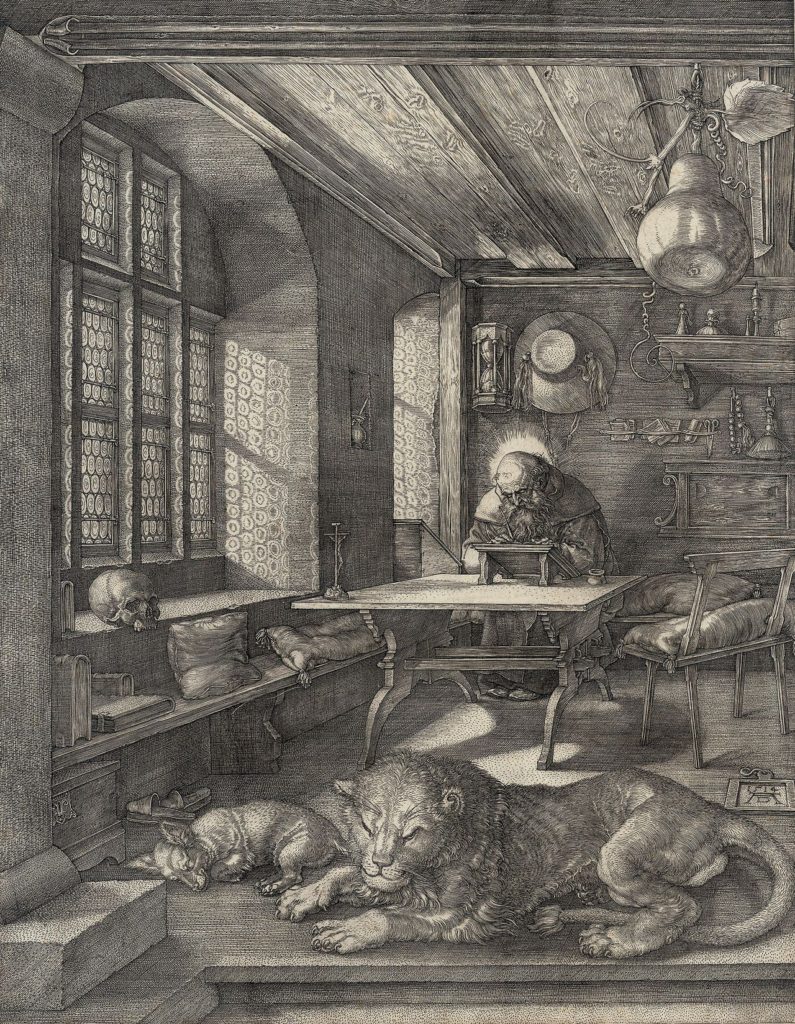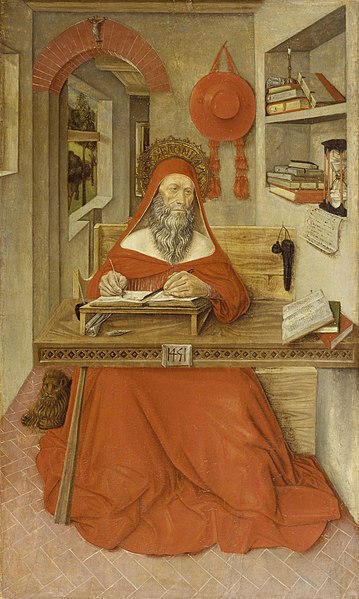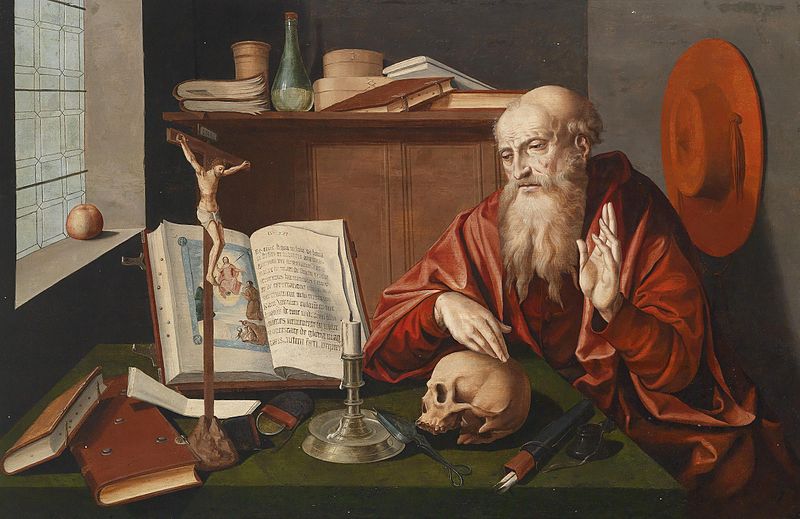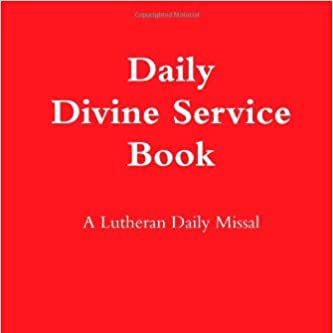The Learned Librarian

St. Jerome is a fantastic example of how many of the Church Fathers were astute Christian intellectuals and theologians. Their impact on both classical and Christian culture can hardly be understated. An extremely learned man, St. Jerome is probably best known within the Christian world for his translation of the Old and New Testament into Latin.
Born in Strido, Dalmatia (modern day Croatia or Slovenia) in 347, Jerome was first educated at home by his parents before being sent to Rome to study classical grammar, literature, and rhetoric. While he was there, he became an ardent student of Greek, Latin, history, and philosophy. He also created his own personal library, copying many of the texts that he read and curating them into his own collection. He was baptized by Pope Liberius in Rome in 366.
In 373 he traveled to the East, spending nearly 20 years on the road serving impermanent residencies. He pursued humanistic and monastic studies in Asia Minor and was eventually attracted to monasticism. He moved to the desert of Chalcia, which was southeast of Antioch, and lived there as a hermit for five years, continuing his studies of Scripture and his copy work. These experiences influenced him to become a priest, and eventually he returned to Rome. He also studied under Gregory Nazianzus in Constantinople.
Additionally, it was during this time that he was commissioned to translate the Bible into Latin. This project included rendering the Old Testament from Hebrew and Greek. Besides his Biblical work, he also wrote extensive Scriptural commentaries, biographies on the lives of the saints, and histories of the Bible’s books and their writers. His translation of the Bible, known as the Vulgate or common version, would be the standard for the next ten centuries until the Protestant Reformation. It was the precursor to the King James Version, which came into existence 1,200 years after Jerome’s time.
While he was working on his translation project, Jerome left Rome to live in Bethlehem and spent the remaining thirty-six years of his life there, heavily involved in the doctrinal evolution of the Church and corresponding with St. Augustine, among others. He died on September 30th, 419.
A Brief History
Jerome is remembered for his extensive understanding of the classics, the Bible, and the Christian tradition. Indeed, historians would be hard pressed to find a man that lived during his time who was more well traveled or well read than him.
Although Jerome’s translation came under some attack during the Reformation, it was not for the saint’s presentation of the Bible’s meaning but rather a critique of Jerome’s “antiquated” style and language. Furthermore, by the time of the Reformation, Jerome’s translation had undergone significant textual corruption in the centuries that came after him. It was these realizations that led Luther to perform his own translation of Scripture. Yet, even with this work, Luther had no doubts or qualms that Jerome’s work and his Vulgate were an important stepping stone to a rendering of the Bible that could be more easily accessible to the common man.

In fact, many of the words and concepts that we consider to be central to Christiantiy came from Jerome’s translation. Words such as episcopus, Christus, paraclitus, baptisma, Salvator, Incarnatio, Resurrectio, compassio, ingratatiudo, and immortalilas had no place in classic Latin and had to be borrowed and transcribed from the Greek by Jerome in order to express the ideas and concepts of the Christian faith. These words would become part of the Latin lexicon and even part of our languages today!
Jerome’s influence was far-reaching and profound, even in the early years after his death. His rich career that embodied classical education and asceticism; his correspondence with other key figures of Christianity, such as St. Augustine; his translation of the Bible; and his dedication to exegetical and humanist scholarship surely left their mark on the Christian doctrine and faith as a whole.

Collect
O God, Who didst give Blessed Jerome to Thy people as a minister of eternal salvation: grant, we beseech Thee, that we, who have had him for our teacher on earth, may with him enjoy Thine eternal glories; through Jesus Christ our Lord, who liveth and reigneth with Thee and the Holy Ghost: ever one God, world without end. Amen.
Lessons
Epistle
Gospel
Resources
Issues, Etc. interview with the Rev. Dr. Joel Elowsky on Fourth Century Translator of Scripture, Jerome
Issues, Etc. interview with the Rev. Will Weedon on Fourth and Fifth Century Translator of Scripture, Jerome
Propers found in Daily Divine Service Book: A Lutheran Daily Missal, edited by the Rev. Heath Curtis
References:
1. Weedon, William. Celebrating the Saints. Concordia Publishing House. 2016.
2. Jacobus Voragine. The Golden Legend. 1275. Translated by William Caxton, 1483.
Images:
1. Hieronymus in Gehäus, Albrecht Dürer, Germany, 1514
2. Saint Jerome in His Study, Antonio da Fabriano II, Italy, 1451.
3. Der heilige Hieronymus in seinem Studierzimmer (St. Jerome in His study), Reymerswale, The Netherlands, 16th century.
Some links might be affiliate links which means we may receive a small commission at no extra cost to you. As an Amazon Associate we earn from qualifying purchases.




[…] does one celebrate St. Jerome and his day on September 30th, you might ask. Well, in our opinion, the best way to celebrate […]